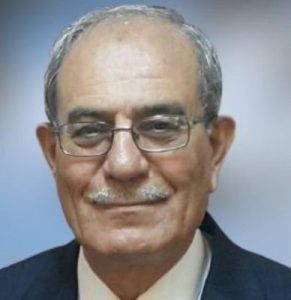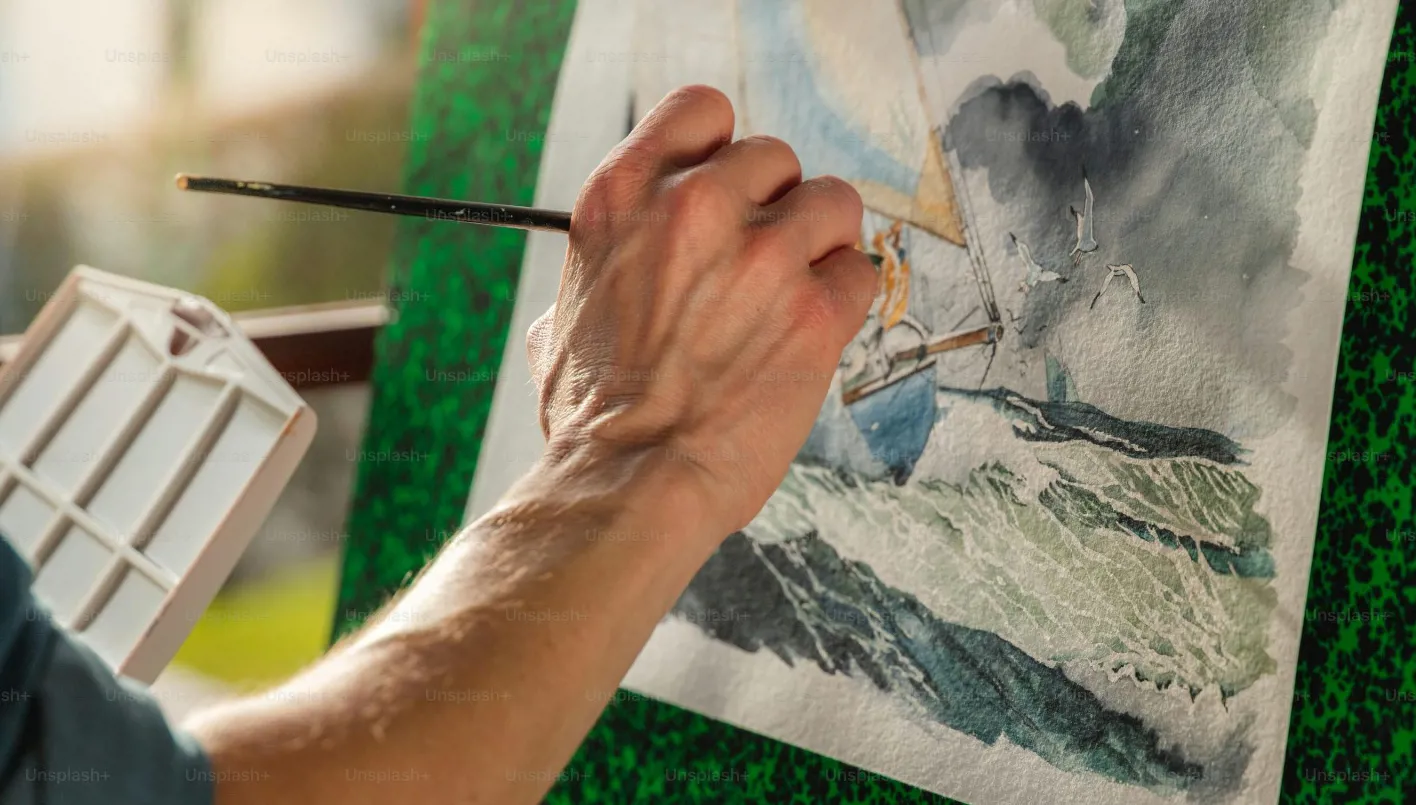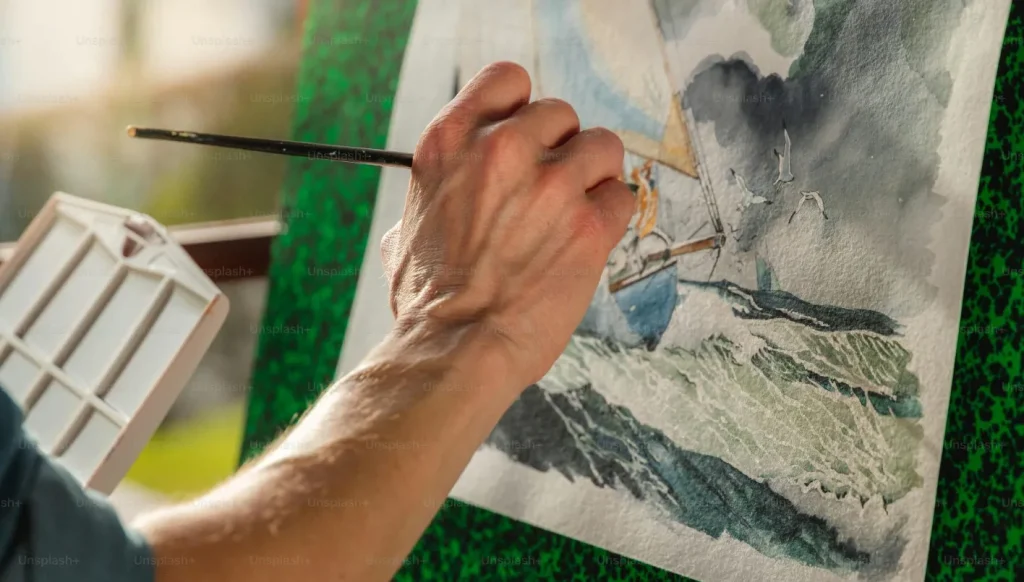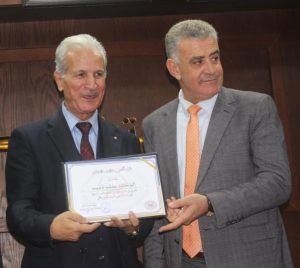The decision by the Faculty of Fine Arts at Damascus University to ban the use of nude models in graduation projects has reignited debate over academic freedom and the quality of art education in Syria. The ban, enforced with a zero grade penalty for violations, sparked widespread criticism among students and artists, who view it as a violation of academic freedom and a distortion of the educational process. The faculty dean, Fouad Dahdouh, a sculptor known for his works featuring nude bodies, issued the ban.
Several Syrian visual artists shared their views on this controversy. Artist Samer Ismail emphasized the necessity of academic guidelines but warned against ideological interference, advocating for purely artistic standards. He also stated that art should not be subject to moral judgments but evaluated on its artistic and visual merits.
Artist Ramia Hamed highlighted that academic art is based on experimentation and free expression but remains connected to the cultural and moral framework of society. She noted that the ban raises questions about balancing creative freedom and moral values and suggested that modern technological alternatives like digital anatomical models and virtual reality could preserve educational quality without conflict.
Artist Ammar Hassan pointed out that the ban on nude models since the mid-1970s has created a gap in understanding human anatomy, negatively impacting students’ skills. He discussed the persistent taboos in Syrian society around sex, religion, politics, and truth, which constrain artistic freedom. Hassan stressed that art is a noble talent aimed at good and love, with imagination being essential for humanity’s future. He concluded that artistic freedom stems from truth, clarity of vision, and values, and that art is a fundamental human element alongside religion and love of beauty.
The ongoing dialogue reflects the challenge of integrating artistic freedom with cultural and ethical values in Syria’s academic context.














Recommended for you
Exhibition City Completes About 80% of Preparations for the Damascus International Fair Launch
Talib Al-Rifai Chronicles Kuwaiti Art Heritage in "Doukhi.. Tasaseem Al-Saba"
Unified Admission Applications Start Tuesday with 640 Students to be Accepted in Medicine
Egypt Post: We Have Over 10 Million Customers in Savings Accounts and Offer Daily, Monthly, and Annual Returns
Al-Jaghbeer: The Industrial Sector Leads Economic Growth
His Highness Sheikh Isa bin Salman bin Hamad Al Khalifa Receives the United States Ambassador to the Kingdom of Bahrain